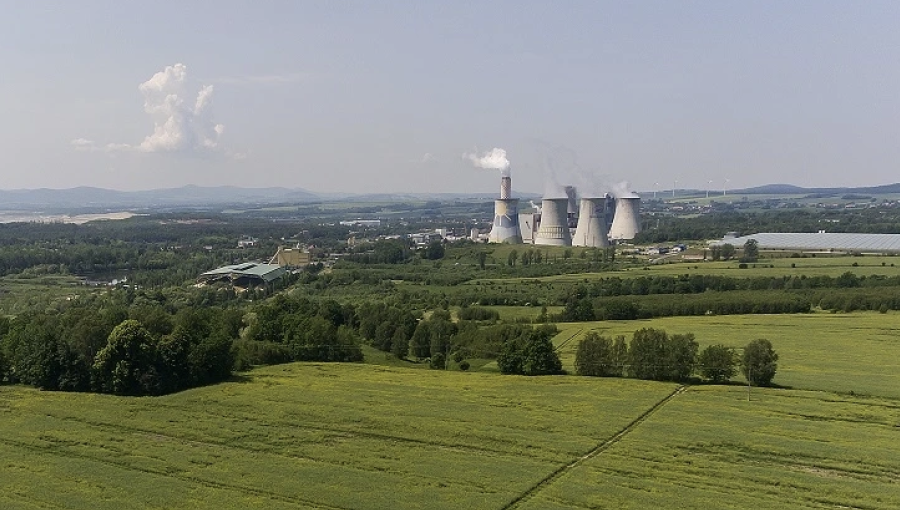Polish power giant PGE’s stock price falls nearly 11% after U-turn on climate ambitions

Warsaw-listed PGE, Poland’s largest energy and power company, saw its stock price tumble nearly 11% since the announcement earlier this week that it would not pursue a strategy to become climate-neutral in 2040, a goal it had only mooted one week prior.
PGE’s stocks were down 4.8% to PLN7.51 (€1.64) in afternoon trade on the Warsaw Stock Exchange on September 6. The fall was 11.2% since the company announced the U-turn on its climate strategy two days earlier.
The now-ditched strategy provoked political controversy, as the still-powerful Polish mining lobby saw it as laying the groundwork for accelerating the energy transformation away from coal. Poland currently assumes that the exit from coal will only take place in 2049.
Following the uproar among miners and criticism from the top echelons of the government, PGE said on September 4 that it “revoked” the resolution approving the updated strategy because of “the need to complete the formation process of the National Energy Security Agency NABE”.
NABE will be the state agency managing all of Poland’s coal assets so that state-controlled companies like PGE have a freer hand to pursue clean energy investments.
“NABE is extremely important because it will allow our coal energy sector to survive until 2049 in these difficult times of energy transformation that the EU imposed on us,” State Assets Minister Jacek Sasin told the government-run broadcaster TVP Info on September 5.
NABE is expected to begin work this or next year, the government said on September 5, citing the election – due on October 15 – as a potential delay factor.
The looming delay in creation of the agency also helped pushed down PGE's stock price this week. Shares of other state-controlled energy and power companies - Tauron and Enea both fell more than 6%.
Poland still gets some 70% of its electricity from coal- and lignite-fired power plants. Warsaw is developing its first nuclear power plant and several offshore wind parks in the Baltic Sea to bring coal’s share in the energy mix to no more than 28% in 2040.
For now, the incumbent Law and Justice (PiS) government must be wary of not frustrating Polish miners, who are still a powerful lobby in the southern region of Katowice, where Prime Minister Mateusz Morawiecki is running for a seat in the parliament in the October election.
Elsewhere, in places like Turow in the southwest and Belchatow in central Poland, where large mines supply lignite to key power plants, the government must also tread carefully in what is an increasingly tight election race. PGE owns both Turow and Belchatow mines and power plants.


Follow us online